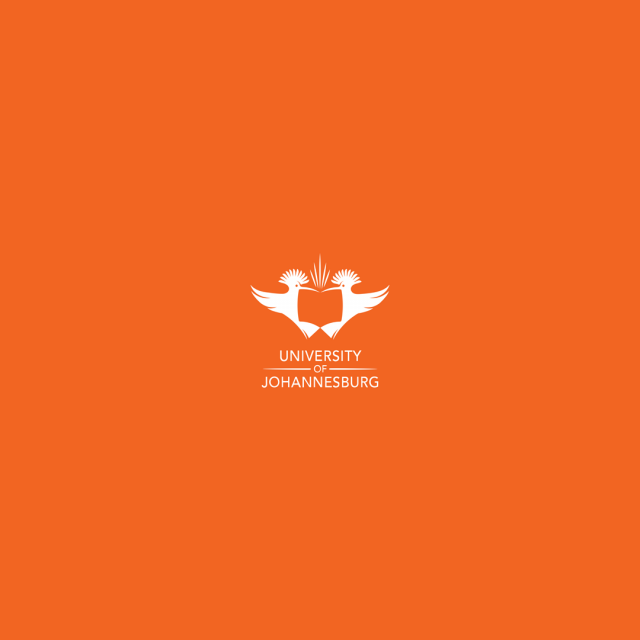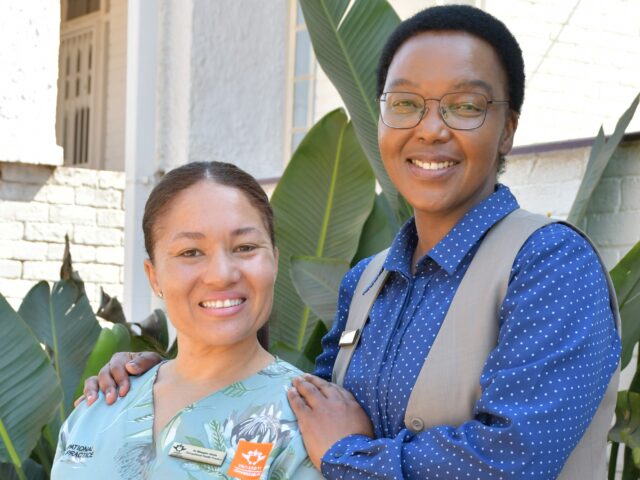PhD Industrial Psychology
Home » University Courses »General
Faculty Website: College of Business and Economics
Department: Department of Industrial Psychology and People Management
Programme Level: Postgraduate
Programme Name: PhD Industrial Psychology
Programme Code: P1DIPQ
Medium of Facilitation: part-time, Full-Time
NQF Level: 10
NQF Credits: 360
SAQA: 73907
Application Start Date: 1 April 2025
Application End Date: 30 September 2025
Campus: Auckland Park Kingsway
Contacts: UJ Call Centre 011 559-4555
Email: mylife@uj.ac.za
Duration of Study: 2 Years Full-Time and 5 Years Part-Time
Purpose
The purpose of this qualification is to combine the science of psychology with practice that focuses on the scientific study of the work place – including both the organisations, their employees and the community. Industrial Psychologists are also scientist practitioners and aim to change behaviour in the work place through utilising scientific methods, tools and intervention in order to maximize employee, organisational and work effectiveness. You will be required to independently conduct a relevant, unique and original research study, to address a specific research problem in the form of a doctoral thesis on an advanced academic level. Finally, the successful synthesis between theory and research findings should result in a significant contribution to the body of knowledge, field of Industrial Psychology, with practical recommendations that are specifically aimed at the research problem addressed.
Admission Requirements
Traditional Format:
A potential student should possess an appropriate Industrial Psychology Master’s degree applicable for access to a PhD degree, with an average of at least 70%. Acceptance is subjected to selection process consisting of selection interviews, psychometric testing and a research proposal. Admission into the programme is subjected to applicants complying with departmental-specific requirements. Such requirements usually include preparatory work leading up to a research proposal that is approved by the department (pre-registration). Possible examples of preparatory work are pre-reading, literature reviews, concept development, and successful completion of short courses aimed at skills and/or knowledge development such as refresher research methodology courses. The proposal must be finalised and approved by the Department within the required time period prescribed by the University. Possible examples of preparatory work are pre-reading, literature reviews, concept development, and successful completion of short courses aimed at skills and/or knowledge development such as refresher research methodology courses. The proposal must be finalised and approved by the Department within the required time period prescribed by the University.
Article-Based Format:
An applicant who is in possession of a relevant Masters qualification (NQF Level 9) with an average of at least 75% and related experience may apply for admission to an article-based thesis format. Should applicants’ average range from 70% to 75%, the Programme Selection Committee need to motivate admission into the article-based thesis format in writing for approval by the College Higher Degrees Committee.
Selection Process
The Dean: College of Business and Economics may refuse an applicant’s admission to the Doctoral qualification if of the opinion that requirements have not been met.
Admission into the programme is subjected to applicants complying with departmental-specific requirements. Such requirements usually include preparatory work leading up to a research proposal that is approved by the department (pre-registration). Possible examples of preparatory work are pre-reading, literature reviews, concept development, and successful completion of short courses aimed at skills and/or knowledge development such as refresher research methodology courses. The proposal must be finalised and approved by the Department within the required time period prescribed by the University
More Information
https://www.uj.ac.za/admission-aid/postgraduate/
UJ Faculties
| All Faculties
College of Business and Economics (CBE)
Created from the former Faculties of Management, and Economic and Financial Sciences



Faculty of Engineering & the Built Environment
First in South Africa offering a full range of professional engineering qualifications










